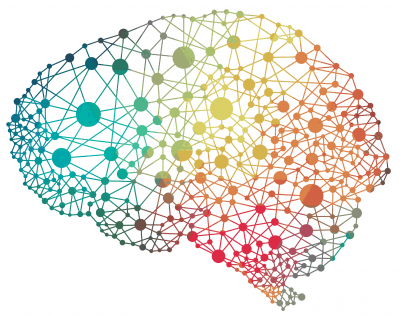You can see that even medical training in stroke has the wrong goals. NOTHING ON 100% RECOVERY!
Academic Neurorehabilitation PhD programme - UCL Queen Square Institute of Neurology, London
UCL Queen Square Institute of Neurology and the Wellington Hospital have combined to offer a unique PhD fellowship for doctors interested in the neuroscience of recovery after neurological injury

The problem of understanding and promoting recovery after neurological injury is one of the most challenging and exciting in clinical neuroscience. How do behavioural training interventions drive recovery? How is this effect changed by different patterns of brain damage? How can we modulate surviving brain regions and networks to enhance the effects of training? How can we use new technology to help our patients?
This 4-year fellowship scheme offers junior doctors an opportunity to study for a PhD in the field of neurorehabilitation neuroscience as part of the UCLP Centre for Neurorehabilitation situated at UCL Queen Square Institute of Neurology. Fellows would also gain valuable experience in specialist acute and early multidisciplinary inpatient neurorehabilitation while working at the Wellington Hospital Rehabilitation Centre, the largest private hospital based rehabilitation centre in the UK.
Why come to Queen Square?
The unrivalled combination of world-class academic and clinical neurorehabilitation programmes at Queen Square is ideal for high quality research.
- UCL Queen Square Institute of Neurology has a core of senior academic clinicians and neuroscientists who share a vision of advancing the field of recovery after neurological injury through world-class research and innovation.
- The Queen Square Upper Limb Neurorehabilitation Programme (QSUL) and the Intensive Comprehensive Aphasia Programme (ICAP) are examples of world class and innovative clinical services which are deeply embedded in the research of our groups.
What is the balance between clinical and research time?
We understand that high quality research takes time
- The clinical commitment is for 120 hours every 4-weeks, made up of 24-hour and/or 8 to12-hour shifts to suit each individual.
- We aim for approximately 25% clinical and 75% research time overall.
- This balance helps maintain and develop clinical skills in neurorehabilitation, whilst ensuring there is sufficient time to conduct high quality research.
What is the PhD programme?
- Students will be embedded in the research group of one of our senior academics for 4-years.
- Students will be full members of the doctoral training programme at the UCL Queen Square Institute of Neurology, which provides peer-support via regular clinical PhD meetings, journal clubs and academic meetings (e.g. UCLP Centre for Neurorehabilitation monthly seminars and biannual symposia), and pastoral care.
- Our academic governance management structure and commitment to responsible and transparent research, ensures that students thrive within a supportive academic learning and research environment where clinicians can develop their translational research skills in academic neurorehabilitation.
How do I apply?
- Posts will be advertised via the HCA careers website 3 times a year, when there are available posts.
- Applicants must be medical doctors who are registered with the GMC with a current licence to practise and hold MRCP or an equivalent postgraduate medical diploma.
- Applicants should have 36 months minimum post graduate clinical experience (not including Foundation modules), of which at least 6 months has been in clinical neurology, stroke medicine or rehabilitation medicine at SHO and/or SpR level and display good spoken and written command of the English language.
What financial support is provided?
- The posts include salaries that are competitive with similar clinical PhD programmes, UK or International student tuition fees, and full running costs for the PhD, funded and provided by HCA Healthcare UK-Wellington Hospital.
Contact
For further inquiries, please contact :
No comments:
Post a Comment